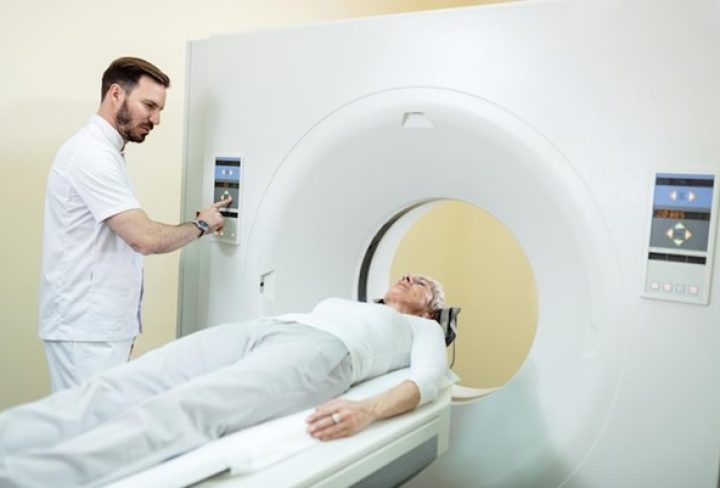As World Cancer Day approaches, it serves as a poignant reminder of the global impact of cancer and the ongoing efforts to combat this multifaceted disease. As a radiologist, I am privileged to be part of a profession that plays a pivotal role in the diagnosis, treatment, and management of cancer. In this blog post, I reflect on the contributions of radiology to cancer care and highlight the advancements that continue to shape our approach to this complex challenge. The Evolution of Radiology in Cancer Care Radiology has undergone remarkable advancements over the years, revolutionizing the way we detect and characterize cancer.
From the early days of plain film radiography to the sophisticated imaging technologies available today, such as magnetic resonance imaging (MRI), computed tomography (CT), and positron emission tomography (PET), radiology has continually evolved to meet the growing demands of cancer diagnosis and treatment. Precision Medicine and Personalized Treatment One of the most significant contributions of radiology to cancer care is its role in guiding precision medicine and personalized treatment approaches. Advanced imaging techniques allow us to accurately characterize tumors, assess their molecular profiles, and predict their response to specific treatments.
This information is invaluable in tailoring treatment strategies to individual patients, optimizing outcomes, and minimizing side effects. Early Detection and Screening Early detection is key to improving cancer outcomes, and radiology plays a crucial role in this regard. Screening programs utilizing modalities such as mammography for breast cancer, colonoscopy for colorectal cancer, and low-dose CT for lung cancer have been instrumental in detecting cancer at its earliest stages when it is most treatable. Radiologists play a central role in interpreting these screening studies and identifying suspicious findings that may warrant further evaluation.
Advancements in Interventional Radiology Interventional radiology (IR) has emerged as a cornerstone of cancer therapy, offering minimally invasive treatment options for various malignancies. Procedures such as radiofrequency ablation, cryoablation, chemoembolization, and image-guided biopsies allow for precise tumor targeting and localized therapy while minimizing damage to surrounding healthy tissues. Interventional radiologists collaborate closely with oncologists and surgeons to deliver comprehensive, multidisciplinary cancer care.
Research and Innovation Radiology is a dynamic field driven by research and innovation, with ongoing efforts to develop novel imaging techniques, biomarkers, and therapeutic approaches for cancer. From artificial intelligence (AI) algorithms for image analysis to cutting-edge molecular imaging probes, the possibilities for advancing cancer care through radiology are limitless.
By harnessing the power of technology and collaboration, radiologists continue to push the boundaries of what is possible in the fight against cancer. Conclusion As we commemorate World Cancer Day, let us acknowledge the invaluable contributions of radiology to cancer care and the tireless efforts of healthcare professionals worldwide in the battle against cancer. From early detection and precision medicine to interventional therapies and research, radiology continues to drive progress in the fight against cancer, offering hope to patients and families affected by this disease. Together, we stand united in our commitment to advancing cancer care and improving outcomes for all.


